Tax season can often be a stressful time for individuals and businesses alike. However, by starting to prepare your taxes early, you can save yourself both time and stress. With the deadline looming, many people find themselves scrambling to gather all the necessary documents and information required for their tax returns. This last-minute rush can lead to mistakes and oversights, which may result in penalties or delayed refunds. By starting early, you give yourself ample time to organize your financial records, review your expenses and deductions, and seek professional help if needed. This proactive approach allows you to identify potential issues or complexities in advance, giving you the opportunity to address them before the deadline. In addition to mitigating stress, starting early also enables you to take advantage of any potential tax-saving strategies or opportunities that may arise. This could include identifying eligible deductions, exploring tax credits, or maximizing retirement contributions.
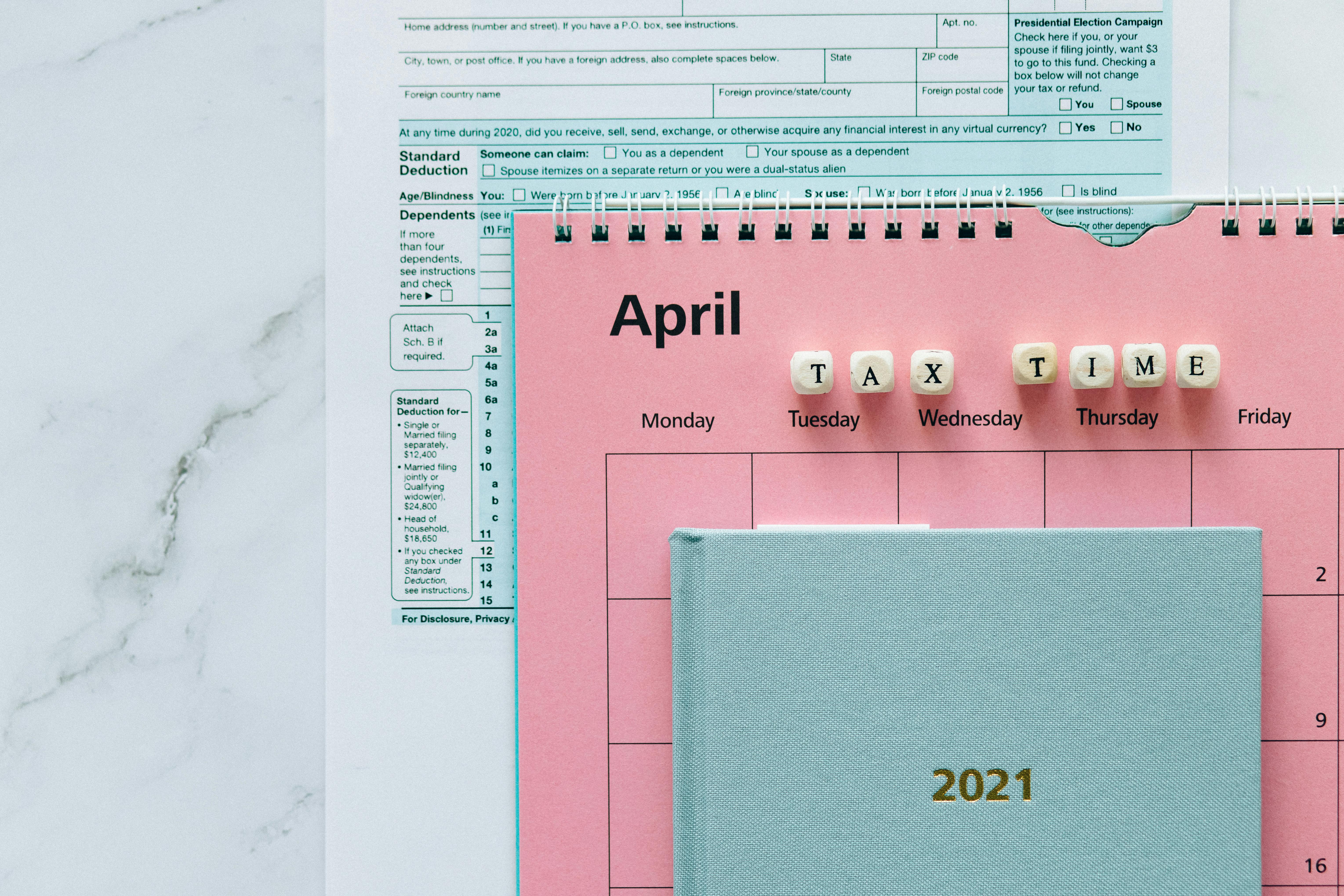
So, why wait until the last minute? Get a head start on your taxes this year and experience the benefits of saving both time and stress.
Save Time and Stress: Start Preparing Your Taxes Early
Introduction
Tax season can often be a stressful time for individuals and businesses alike. However, by starting to prepare your taxes early, you can save yourself both time and stress.
With the deadline looming, many people find themselves scrambling to gather all the necessary documents and information required for their tax returns. This last-minute rush can lead to mistakes and oversights, which may result in penalties or delayed refunds.
By starting early, you give yourself ample time to organize your financial records, review your expenses and deductions, and seek professional help if needed. This proactive approach allows you to identify potential issues or complexities in advance, giving you the opportunity to address them before the deadline.

In addition to mitigating stress, starting early also enables you to take advantage of any potential tax-saving strategies or opportunities that may arise. This could include identifying eligible deductions, exploring tax credits, or maximizing retirement contributions.
So, why wait until the last minute? Get a head start on your taxes this year and experience the benefits of saving both time and stress.
The Importance of Early Tax Preparation
Preparing your taxes early is not just about avoiding the last-minute rush. It is a strategic move that can have significant benefits for your financial health. Here's why early tax preparation is so important:
1. Avoiding Mistakes and Penalties: When you rush through your tax preparation, you are more likely to make mistakes or overlook important details. These errors can result in penalties from the IRS and delayed refunds.
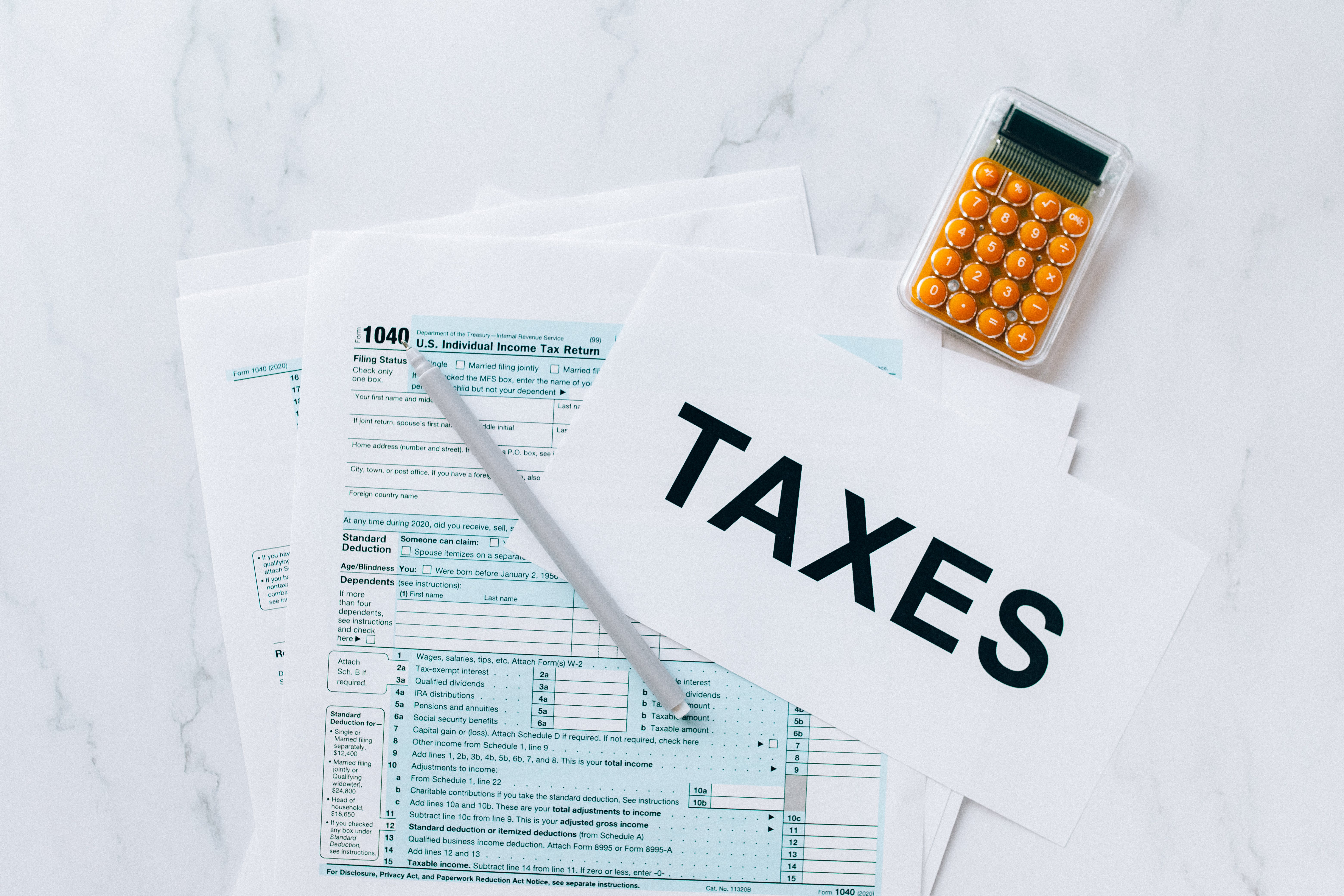
By starting early, you have the time to carefully review your documents, double-check your calculations, and seek professional assistance if needed. This reduces the chances of errors and ensures that your tax return is accurate and compliant with the tax laws.
2. Identifying Tax-Saving Opportunities: Early tax preparation allows you to identify potential tax-saving strategies and opportunities. By starting early, you have the time to review your financial situation, explore eligible deductions and credits, and plan your finances accordingly. For example, you may discover that you qualify for certain deductions or credits that can significantly reduce your tax liability. Additionally, starting early gives you the opportunity to maximize contributions to retirement accounts, which can provide long-term tax benefits.
3. Reducing Stress and Anxiety: Tax season can be a source of stress and anxiety for many individuals. The pressure of meeting the deadline, the fear of making mistakes, and the uncertainty of the outcome can take a toll on your mental well-being.

By starting early, you can spread out the tax preparation process over a longer period of time, reducing the stress and allowing for a more relaxed approach. You can tackle one task at a time, giving each aspect of your tax return the attention it deserves. This not only reduces stress but also improves the overall accuracy of your tax return.
Benefits of Starting Early
Starting your tax preparation early comes with several key benefits that can positively impact your financial well-being. Let's take a closer look at these benefits:
1. Ample Time for Organization: Starting early gives you the opportunity to gather and organize all the necessary financial documents and records. You can create a system that allows you to easily access and track your income, expenses, and deductions. This organization not only saves time during the tax preparation process but also helps you stay organized throughout the year, making future tax seasons less daunting.
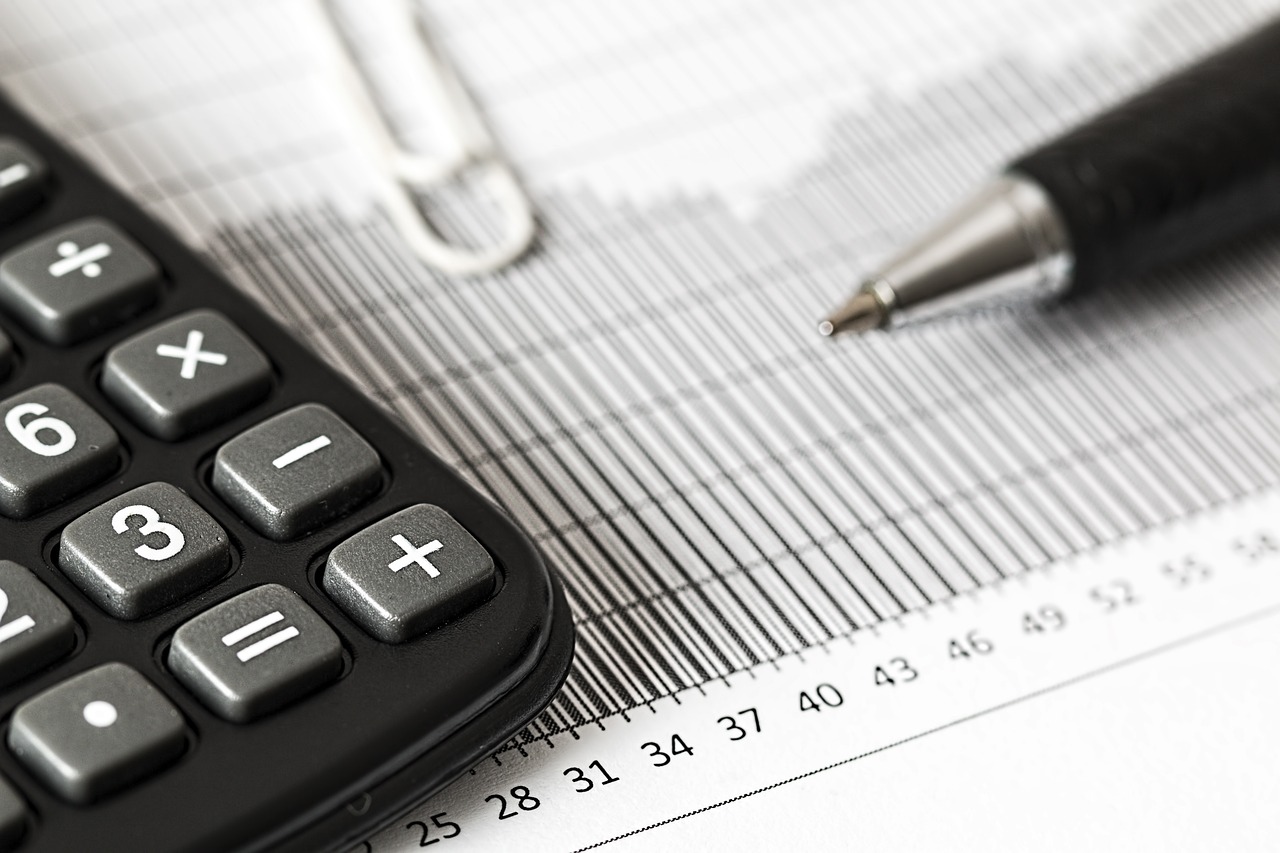
2. Opportunity for Professional Help: If your tax situation is complex or if you have questions about certain deductions or credits, starting early gives you the chance to seek professional help. Tax professionals can provide valuable guidance, ensuring that you take advantage of all the available tax benefits and avoid potential pitfalls. However, their availability may be limited as the tax deadline approaches, so starting early increases your chances of securing their assistance.
3. Time for Research and Education: Tax laws and regulations are constantly changing, and it can be challenging to stay updated with all the latest updates. By starting your tax preparation early, you have the time to research and educate yourself on any new tax laws or changes that may affect your tax return. This knowledge can help you make informed decisions and take advantage of any new tax-saving opportunities.

4.
Maximizing Deductions and Credits: Starting early allows you to thoroughly review your expenses and deductions to ensure that you are maximizing your tax savings. You can carefully analyze your financial records, consult with tax professionals if needed, and identify any deductible expenses that you may have overlooked in the past. Additionally, starting early gives you the opportunity to explore eligible tax credits that can potentially reduce your tax liability.
5. Avoiding the Last-Minute Rush: One of the biggest benefits of starting early is avoiding the stress and chaos of the last-minute rush. By completing your tax return well before the deadline, you can enjoy peace of mind knowing that your taxes are taken care of. This also allows you to focus on other important aspects of your life without the added pressure of impending tax deadlines.
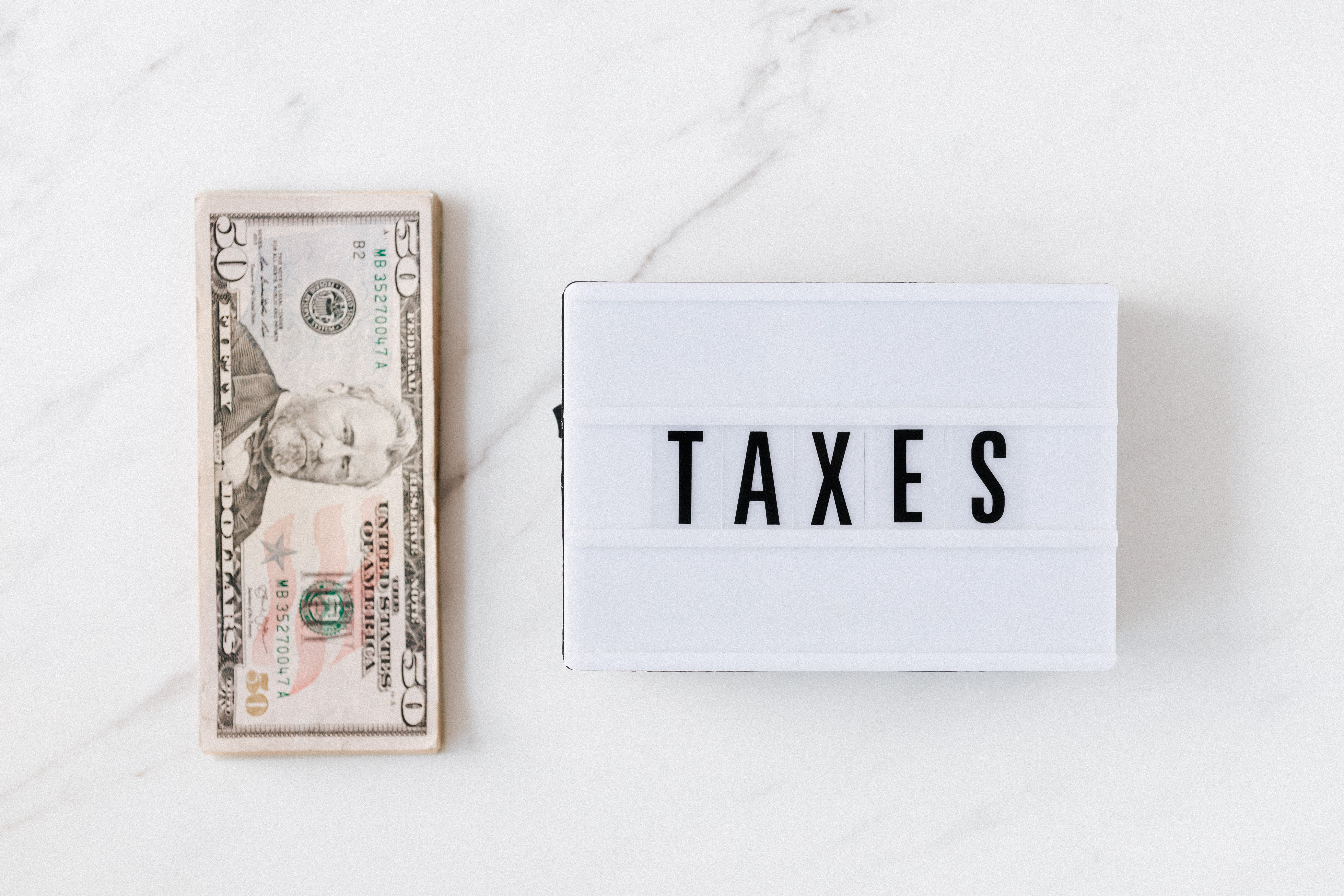
Common Tax Mistakes to Avoid
Even with early tax preparation, it's important to be aware of common tax mistakes that people make.
By avoiding these mistakes, you can ensure that your tax return is accurate and compliant. Here are some common tax mistakes to watch out for:
1. Mathematical Errors: Simple mathematical errors, such as incorrect addition or subtraction, can result in miscalculations on your tax return. These errors can lead to penalties or delays in receiving your refund. Always double-check your calculations and use reliable tax software or professional assistance to minimize the risk of mathematical errors.
2. Forgetting to Sign and Date: It may seem like a small oversight, but forgetting to sign and date your tax return can result in significant delays in processing. Make sure to carefully review your tax return before submitting it and ensure that all required signatures and dates are included.

3. Missing or Incorrect Social Security Numbers: Providing incorrect or missing Social Security numbers for yourself, your spouse, or your dependents can cause delays in processing your tax return.
Double-check all Social Security numbers to ensure accuracy.
4. Failure to Report All Income: It's essential to report all sources of income on your tax return, including wages, self-employment income, rental income, and any other sources. Failure to report all income can trigger an audit and result in penalties and interest charges. Keep accurate records of all your income throughout the year to avoid this mistake.
5. Not Keeping Proper Documentation: It's crucial to keep all necessary documentation to support the deductions and credits claimed on your tax return. Without proper documentation, you may not be able to substantiate your claims in case of an audit.

Keep all receipts, invoices, and other relevant documents organized and readily accessible.
6. Missing Deadlines: Even if you start early, it's important to keep track of all tax-related deadlines. Missing a deadline can result in penalties and interest charges.
Use a calendar or set reminders to ensure that you submit your tax return, make estimated tax payments, and meet all other tax-related deadlines.
By being aware of these common tax mistakes, you can take proactive measures to avoid them and ensure a smooth tax filing experience.
Steps to Prepare Your Taxes Early
Now that you understand the importance of starting early and the benefits it brings, let's explore the steps you can take to prepare your taxes ahead of time:
1. Gather and Organize Financial Documents: Start by gathering all the necessary financial documents, such as W-2s, 1099s, and receipts for deductible expenses.

Create a filing system that allows you to easily organize and access these documents throughout the tax preparation process.
2. Review and Update Personal Information: Take the time to review and update your personal information, including your name, address, and Social Security number.
Ensure that all information is accurate and up to date to avoid any processing delays.
3. Evaluate Your Expenses and Deductions: Carefully review your expenses and deductions from the previous year. Identify any potential deductions that you may have missed and gather the necessary documentation to support these deductions. This could include receipts for charitable donations, medical expenses, or business-related expenses.
4. Consider Tax-Advantaged Accounts: Explore the benefits of tax-advantaged accounts, such as Individual Retirement Accounts (IRAs) or Health Savings Accounts (HSAs). Determine if you are eligible to contribute to these accounts and consider maximizing your contributions to reduce your taxable income.

5. Stay Updated on Tax Law Changes: Throughout the year, stay informed about any changes to tax laws and regulations that may impact your tax return. Familiarize yourself with any new deductions, credits, or changes in tax rates. This knowledge will help you make informed decisions and optimize your tax return.
6. Seek Professional Help if Needed: If your tax situation is complex or if you have questions about certain aspects of your tax return, consider seeking professional help. A tax professional can provide guidance and ensure that your tax return is accurate and compliant.
By following these steps, you can stay ahead of the game and have your tax return ready well before the deadline.
Organizing Your Financial Documents
Organizing your financial documents
is a crucial aspect of early tax preparation.

Here are some tips to help you stay organized:
1. Create a Dedicated Folder: Designate a specific folder or file for all your tax-related documents. This could be a physical folder or a digital folder on your computer. Make sure to label the folder clearly, so you can easily locate it when needed.
2. Separate Documents by Category: Within your dedicated folder, separate your documents into categories such as income, expenses, deductions, and credits. This will make it easier to find specific documents when you need them.
3. Label and Date Documents: To further enhance organization, label each document with a brief description and the date it was received or generated. This will help you track the timeline of your financial transactions and ensure that you have accurate records.
4. Digitize Your Documents: Consider scanning or taking photos of your physical documents and storing them digitally.

This allows for easy access and retrieval, especially if you need to share documents with tax professionals or submit them electronically.
5. Backup Your Files: Whether you choose to store your documents physically or digitally, it's important to create a backup. This ensures that you have a second copy of your documents in case of loss or damage.
6. Maintain Records Throughout the Year: Don't wait until tax season to start organizing your financial documents. Make it a habit to maintain records throughout the year. This will save you time and effort when tax season arrives, as you will have the majority of your documents already organized.
By following these organization tips, you can streamline the tax preparation process and have all your documents readily available when it's time to file your tax return.
Conclusion
Tax season doesn't have to be a stressful and overwhelming time. By starting to prepare your taxes early, you can not only save time and stress but also maximize your tax savings. Early tax preparation allows you to avoid mistakes and penalties, identify tax-saving opportunities, and reduce anxiety. By organizing your financial documents, staying updated on tax law changes, and seeking professional help if needed, you can ensure a smooth and successful tax filing experience.
So, don't wait until the last minute—start preparing your taxes early and enjoy the benefits of a stress-free tax season. Call now and make an time to get started - Kozi Checks and Balances - Google Us for directions, too or to leave a review! Thanks
 Add Row
Add Row  Add
Add 


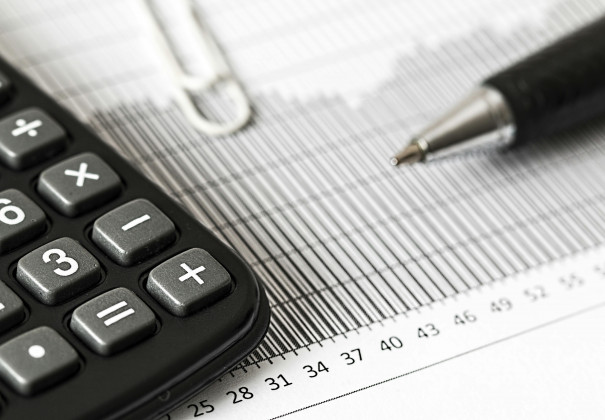

Write A Comment